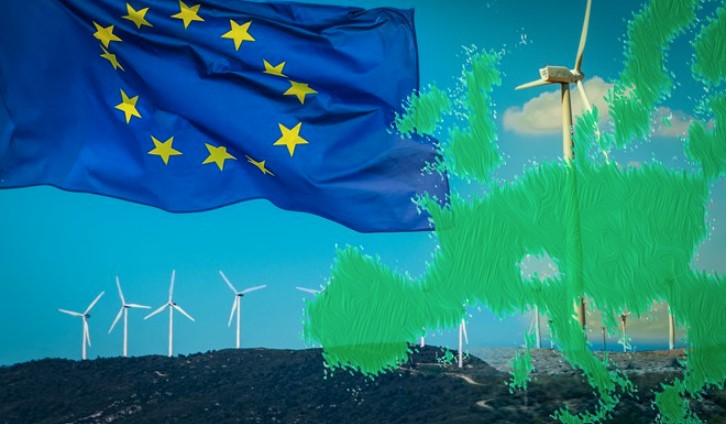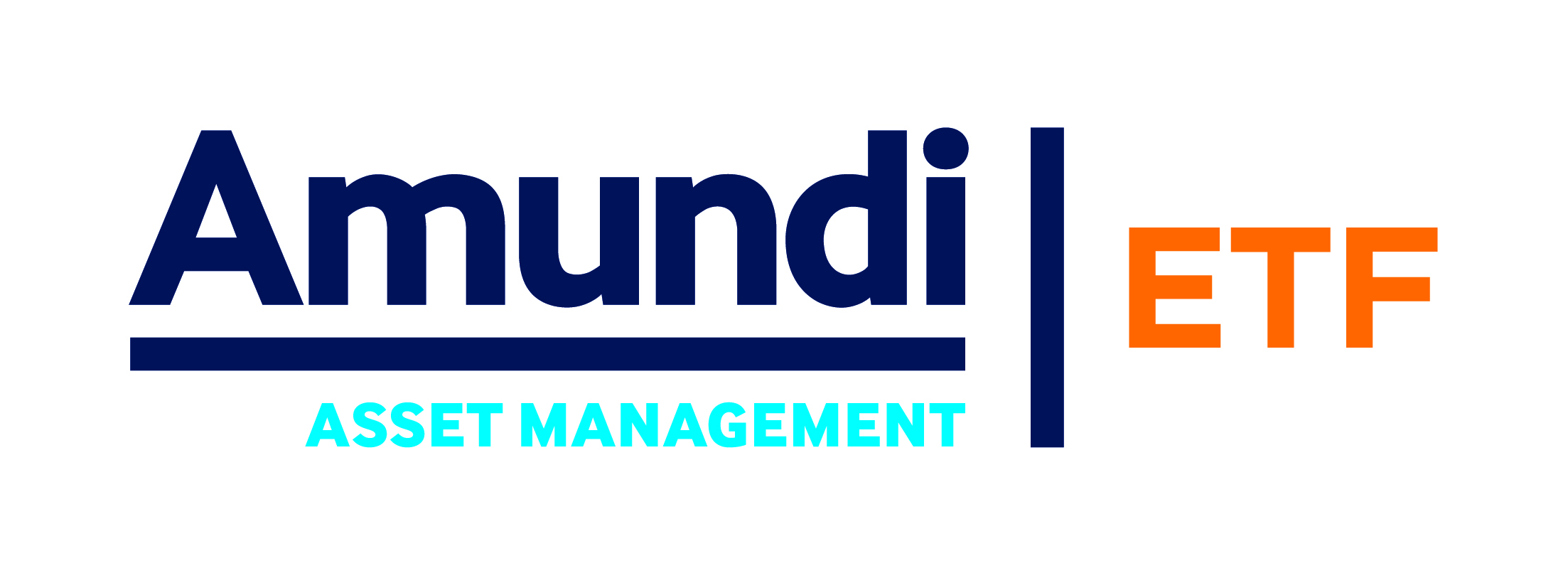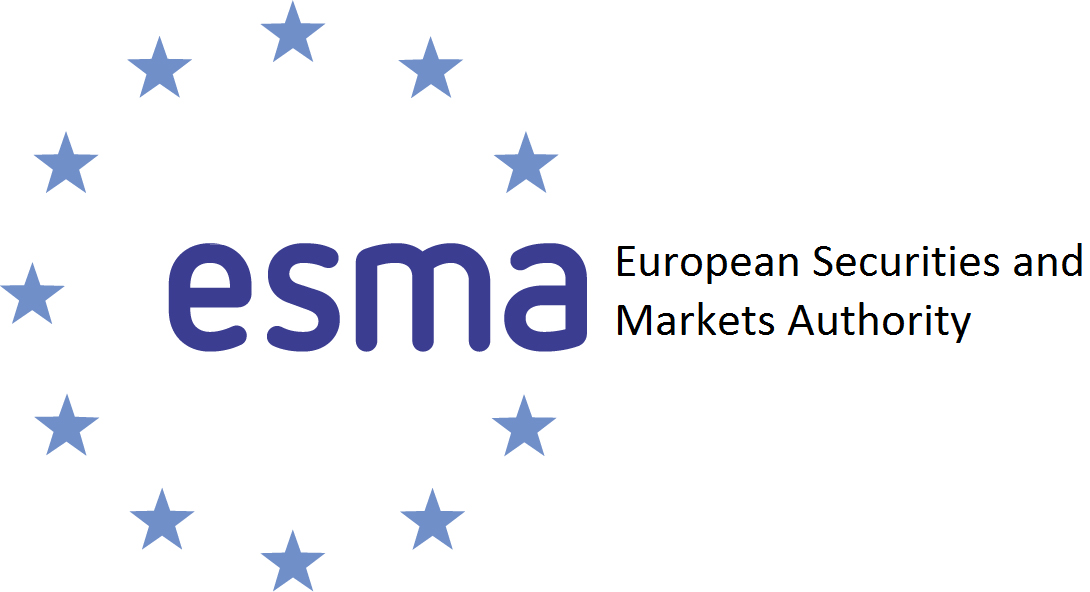Almost no sustainable funds meet the minimum criteria required for the European Union’s proposed Ecolabel, the European Securities and Markets Authority (ESMA) has warned.
Analysis by ESMA, which sampled 3,000 ESG-focused UCITS funds with €1trn assets under management, found just 16 – or 0.5% – met the portfolio greenness threshold of 50% as well as specified exclusionary metrics required by the label.
The Ecolabel is an EU-wide label awarded to green products and services. A version of the label for retail financial products is being considered in a bid to help retail investors make decisions on the sustainability of financial products.
However, disagreements remain over how stringent the requirements should be with the regulator treading a fine line between boosting the number of funds using the label and damaging its credibility.
The analysis, which used data from Morningstar, includes exclusively funds labelled Article 8 and Article 9 under the Sustainable Finance Disclosure Regulation (SFDR).
ESMA found just 26 funds – less than 1% of its sample – have a portfolio greenness ratio above 50% including 10 Article 8 and 16 Article 9 funds.
It said relaxing the 50% requirement, which it said is high compared to green fund labels that already exist in some EU countries, would boost numbers significantly. According to the survey, 69 funds would meet a 40% threshold and 136 funds would meet a 30% threshold.
On the other requirement, a portfolio’s exclusionary metric, ESMA found just 73% of funds had at least some exposure to fossil fuels, meaning they would not qualify for an ecolabel.
ESMA said when combining the portfolio greenness ratio and ESG exclusions just 16 funds met the requirements of the Ecolabel.
“The EU Ecolabel for retail financial products could bring benefits to investors by introducing minimum sustainability criteria based on standardised definitions and increasing transparency”, ESMA said.
“However, its success would depend on its perceived credibility and the level of take-up by product managers.”
Despite this, the industry body said less stringent requirements would draw in more investment into a low-carbon economy in the future.
“Looser requirements should lead to a higher offering of Ecolabel products, which may draw in a larger number of investors and volumes of financing, provided that such actions do not damage the credibility of the Ecolabel,” it added.
Furthermore, tighter requirements would get easier to meet over time as the EU Taxonomy grows and more companies start their transition to a greener future, ESMA said.
The report comes as the asset management industry struggles to get to grips with the ‘level 2’ of SFDR which came into effect on 1 January.
Roughly €50bn of Paris-Aligned Benchmark and Climate Transition Benchmark ETFs have downgraded from Article 9 to Article 8 in recent months as issuers such as BlackRock, Amundi and DWS bid to bring their products in line with the updated regulation.
In November, ESMA launched a consultation to introduce a minimum threshold of 50% sustainable investments for funds using their ‘sustainable’ in their name and an 80% threshold for funds using ESG.
Related articles







